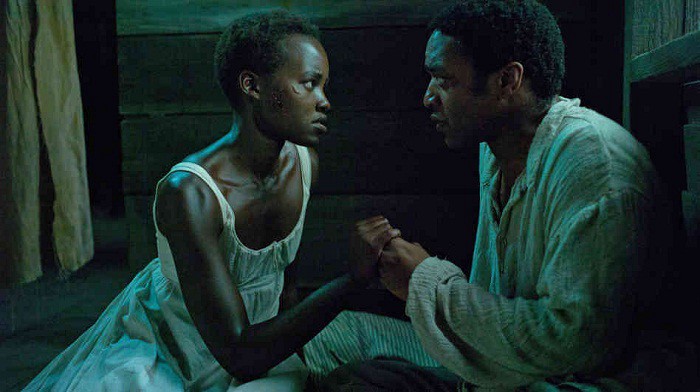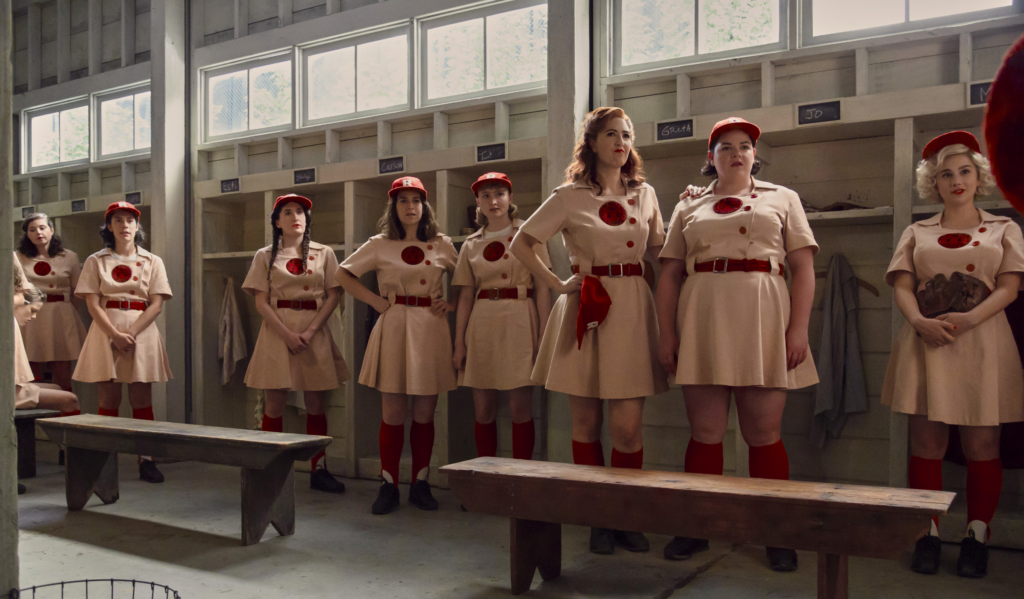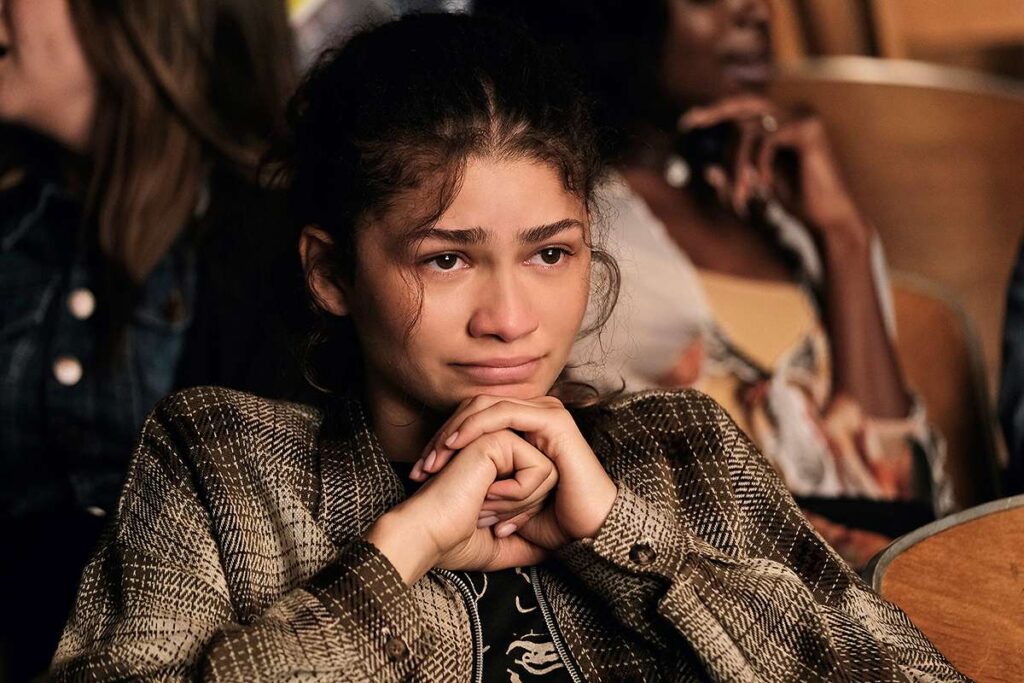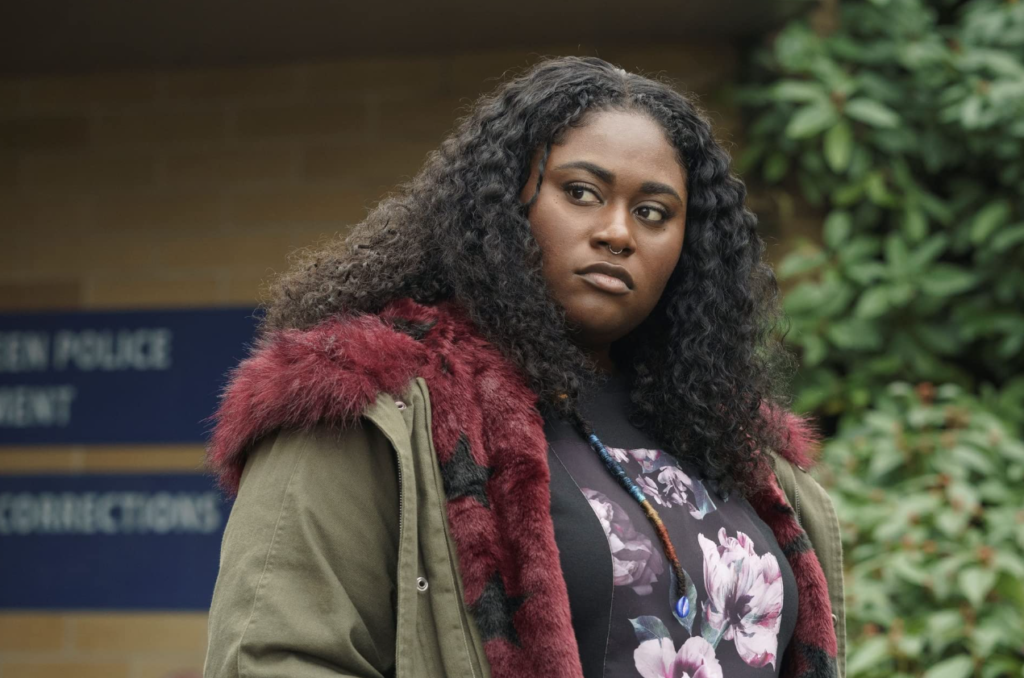Can movie audiences handle the truth — especially when it’s unpleasant to sit through?
That is one of the main questions surrounding the widely praised 12 Years a Slave. Consider there are two near-constants in the reviews of this
hard-hitting melodrama: The appearance of the word “Oscar” along with some variation of the phrase “hard to watch.”
With its unflinching depictions of beatings, whippings, lynchings and rape, this film based on a 19th-century memoir of a free black man forced into
bondage dares to reveal the savage treatment of slaves in the pre-Civil War South with a kind of uncomfortable intimacy that both enlightens and repels.
It is generally accepted that the third movie directed by Steve McQueen after the equally difficult Hunger (a demanding portrayal of an Irish
prison hunger strike) and Shame (a graphic exploration of sex addiction) is destined to be a best-picture candidate. Less certain, judging by
early speculation among awards pundits, is whether moviegoers can stomach a story about a terrible chapter in American history presented with such
relentless rawness.
Apparently, they can — at least in the top six domestic markets including New York, Los Angeles, Chicago and Washington, D.C. After opening this past
weekend in limited release to strong box-office numbers ($960,000 at 19 theaters with an average of $50,526 per location), the winner of the Toronto
International Film Festival’s People’s Choice honor got off to a robust start.
Frank Rodriguez, who oversees distribution for Fox Searchlight, has said that the studio initially targeted art-house and urban theaters. “In art houses,
we had an older audience — mostly people over 45,” Rodriguez has said. As for venues that serve a largely African-American community, “It was really mixed
— an equal amount of people over 40 and under 40.”
Gender-wise — at least anecdotally, since Fox Searchlight provided no breakdown by sex — it seems that both men and women were represented pretty equally
among opening-weekend attendees.
That upends a theory of mine: Females, who in general feel more comfortable with public displays of emotion, would be the first to embrace 12 Years a Slave. My unscientific sources were a few men who revealed to me that 12 Years a Slave might not be something they would be
comfortable seeing. It is clear now that their sentiment is not universally held.
However, women might still might lead the charge as the film goes wider across the country (this Friday, it will play in six more cities for a total
theater count of more than 100). One of my reasons for thinking that could be the case is the breath-taking, one-of-a-kind performance of Kenyan actress
Lupita Nyong’o, making her American film debut as tortured slave Patsey. Just as some men reportedly cheered the exploitative carnage of last year’s
racially-themed revenge drama Django Unchained, many women will have their hearts torn apart as her character attempts to cope with her constant
suffering.
British actor Chiwetel Ejiofor as Solomon Northrup might be the stand-out star of 12 Years a Slave, but Nyong’o is the revelation. Far from being
a nurturer like Mammy or a ninny like Prissy in Gone With the Wind, Patsey picks cotton at a rate that shames most men even while being subjected
to monstrous cruelty and sexual abuse by her sadistic master and taunted by his jealous wife. And it is Patsey who is front and center during the movie’s
most-agonizing moment, a seemingly endless flogging scene.
Of course, neither critics nor the general public decide what movies compete in the Oscar race. The 6,000 or so members of the academy do, and the past
reveals a conservative bent to their decision-making process. And, it always bolsters an awards campaign when a title becomes part of the public discourse,
whether on TV talk shows or through social media, and rises to the level of a must-see. And that is just beginning to happen with 12 Years a Slave.
But Oscar has its own difficult history when it comes to movies that challenge viewers and test their threshold to witness pain. Such releases might get
nominated for best picture — and a few do fairly well at the box office — but they tend not to win. Sometimes all it takes is one sequence, such as when
James Franco’s trapped hiker cuts off his own arm in 2010’s 127 Hours, to cause some academy members to outright avoid a nominated movie.
Last year’s French drama Amour, an intense love story in the guise of a devastating portrait of aging, managed to find Oscar berths both as a
foreign-language entry (a category it won) as well as for best picture, whereas The Best Exotic Marigold Hotel, a lighter look at struggling
retirees, was snubbed. Yes, Michael Haneke bumped both Ben Affleck (Argo, which took best picture) and Kathryn Bigelow (Zero Dark Thirty)
out of the directing category. But no one seriously thought such a grueling view of the so-called golden years had a chance at winning Oscar’s main event,
partly because it might cut too close to home for voters of a certain age.
The lone exception of recent vintage is 1993’s Schindler’s List, the real-life Holocaust drama directed by Steven Spielberg, which collected seven
Oscars in all. None of its competition — The Fugitive, The Piano, The Remains of the Day and In the Name of the Father — came close to
the cultural impact that Schindler’s List had that year. Also seen as potentially contributing its win as best picture: The considerable number of
Jewish voters in the academy.
But Spielberg’s 1998 World War II epic Saving Private Ryan was not so lucky. The film’s 27-minute segment featuring a violently graphic
re-creation of the Omaha Beach landing by troops on D-Day is considered one of the most authentic onscreen battlefield re-enactments ever. After watching
the movie, many veterans were moved to open up about the horrors they experienced with family members for the first time. But while Spielberg won his
second directing award, the breezy romantic-comedy Shakespeare in Love took best picture.
Then there is Brokeback Mountain, about the crushingly tragic romance between two cowboys and the fallout from their secret love. Though many
straight males owned up to being averse to seeing Ang Lee’s acclaimed work — especially a pup-tent sexual encounter between stars Jake Gyllenhaal and
Heath Ledger — the low-budget film still grossed $83 million and is one of the most influential releases of 2005. Yet, somehow, the racially-oriented
message movie Crash pulled an upset as one of the lowest-grossing films ever to win best picture.
So what does this all mean for 12 Years a Slave? Of the 23 expert prognosticators at GoldDerby.com, 14 have
the title at the top of their list for best picture possibilities, while five choose Gravity — widely perceived as it closest rival at this time –
followed by David O. Russell’s yet-to-be seen American Hustle with four supporters. It is way too early to declare a victor with any certainty in
October. Recall that last year’s Lincoln was considered a front-runner until Argo suddenly surged in popularity. What can be said,
however, is that it is going to be an incredibly competitive awards season.
Would it be embarrassing if a much-admired visual groundbreaker like Gravity, which has dominated the box office this month, won instead? No. But
it might not be the movie that people talk about in the years to come as the defining cinema event of 2013. The voters rewarded Crash for its
contemporary approach to cultural prejudices. Since then, the country has taken a giant step forward by electing a black president. How about acknowledging
a film that digs deeper and harder than any before to get to the very root of our nation’s racial divide?







